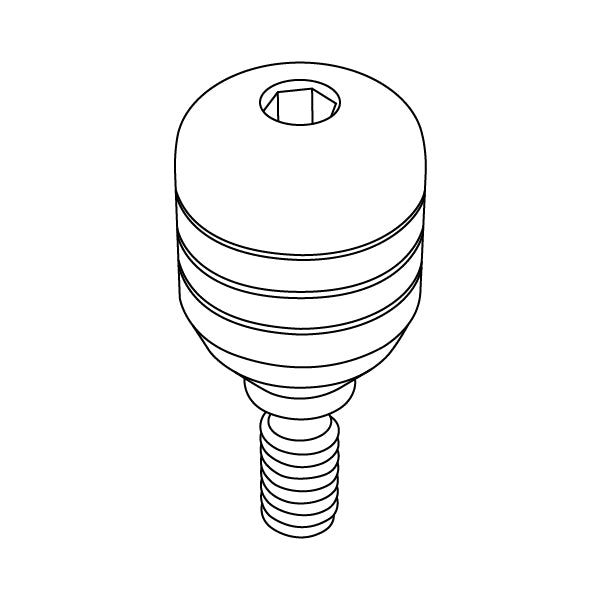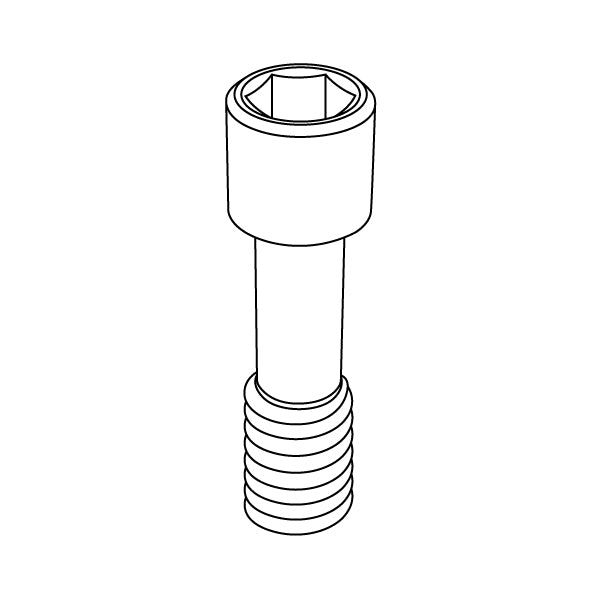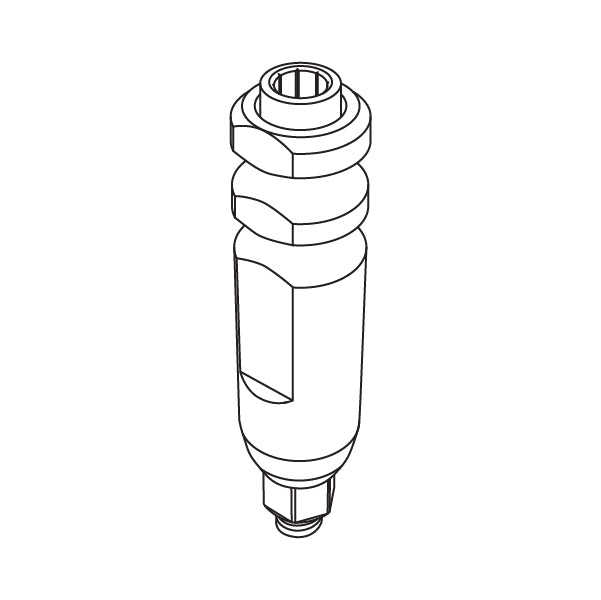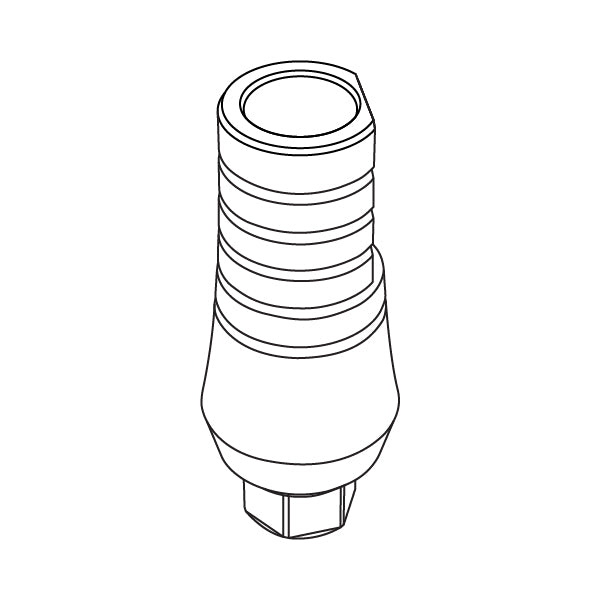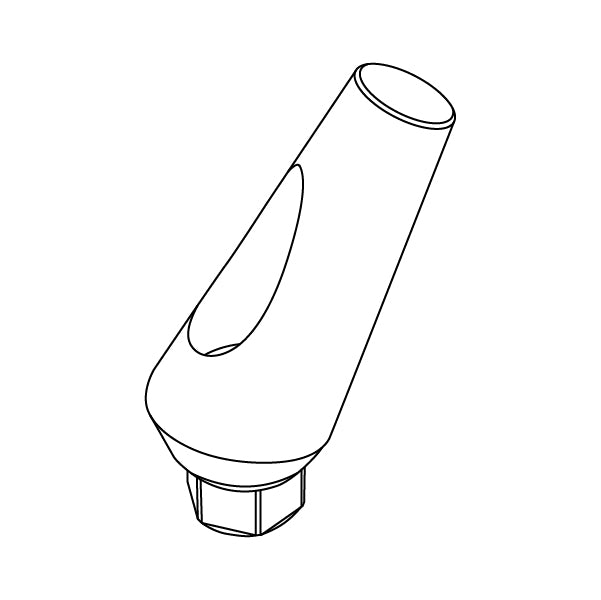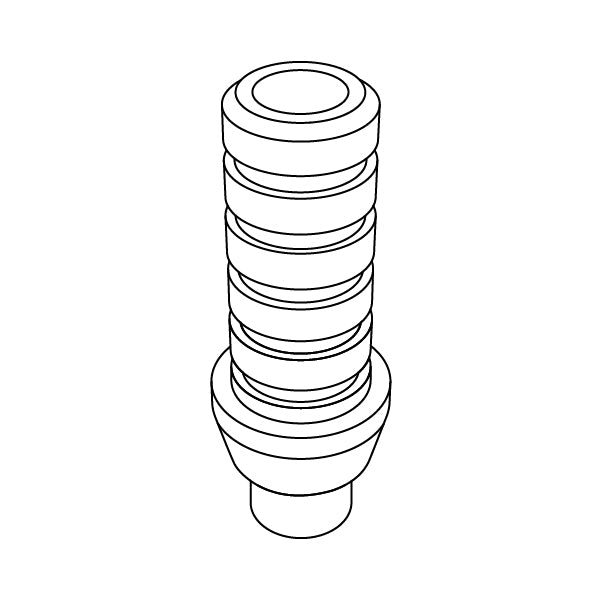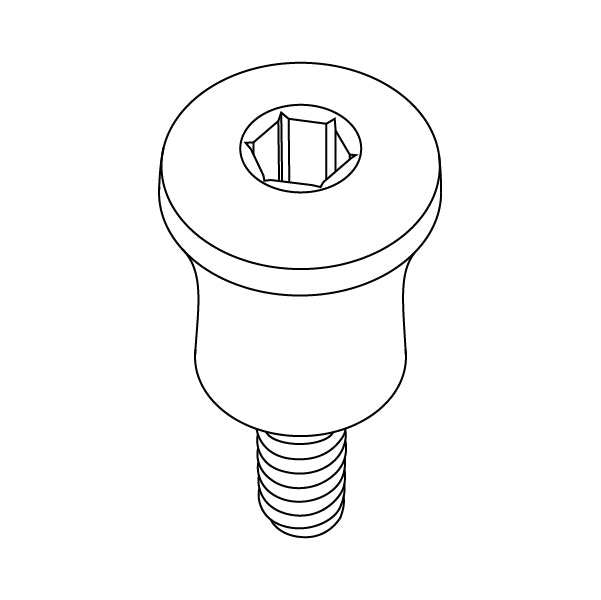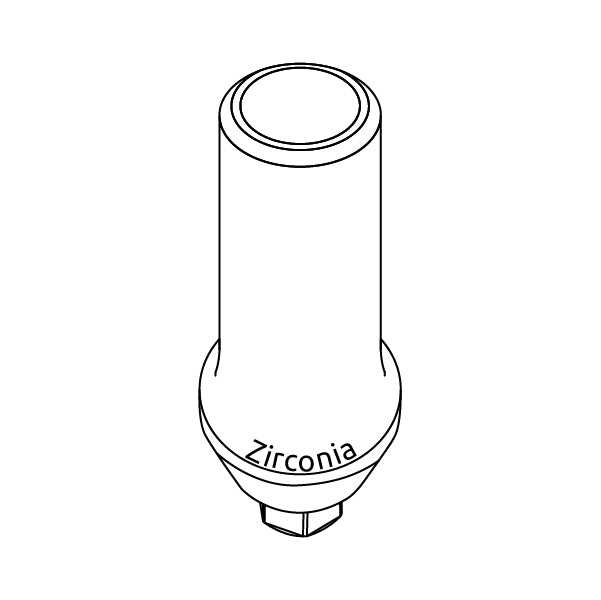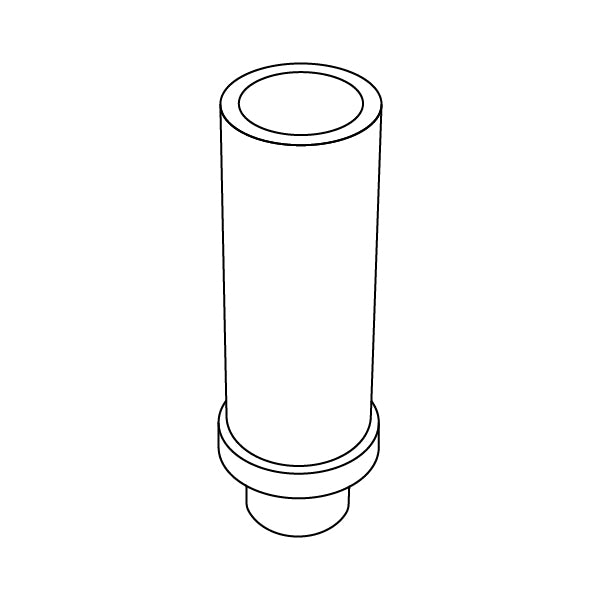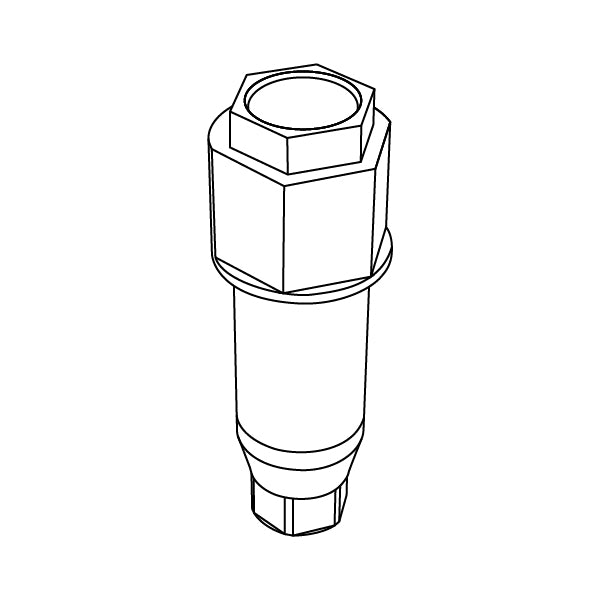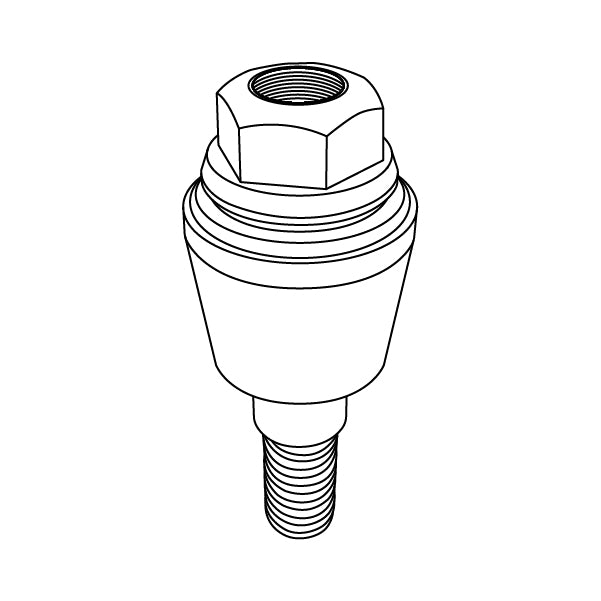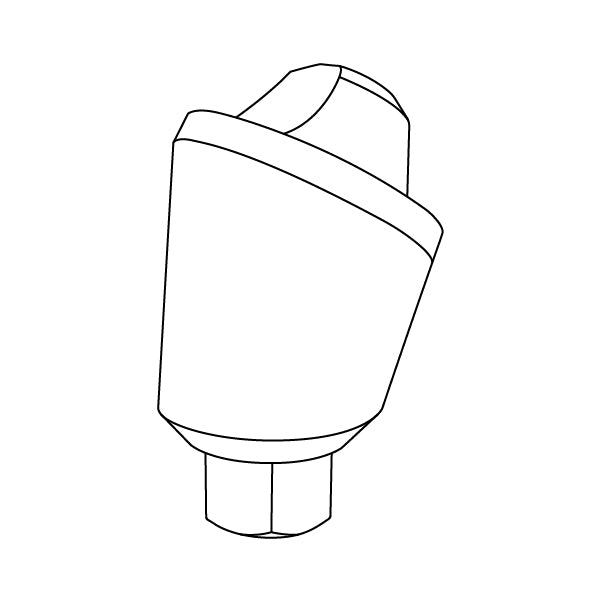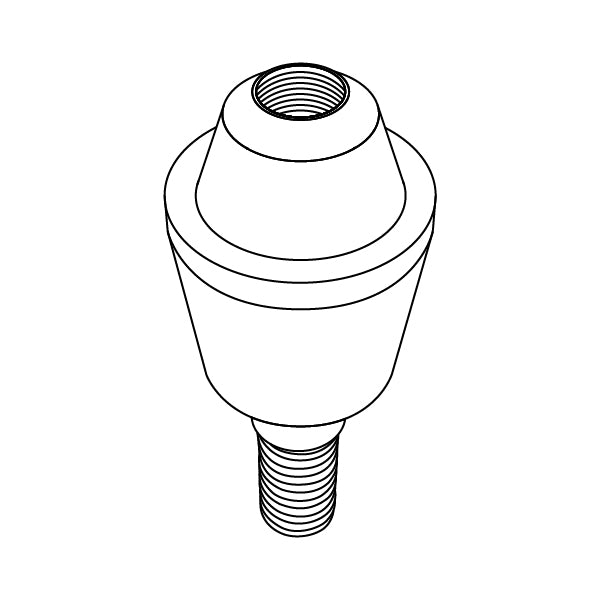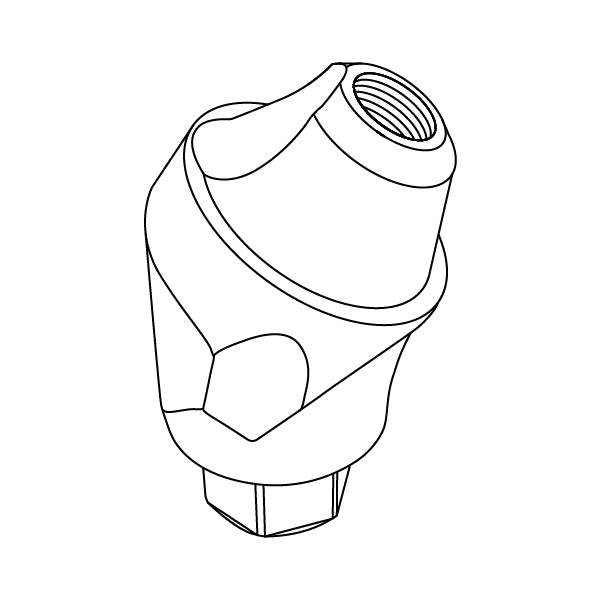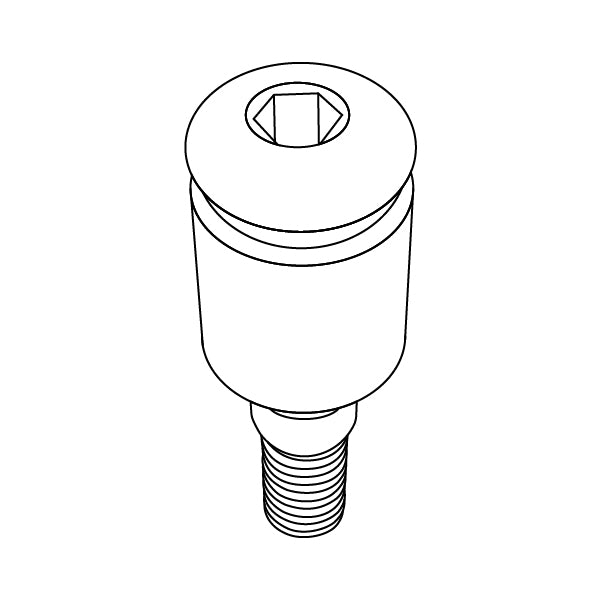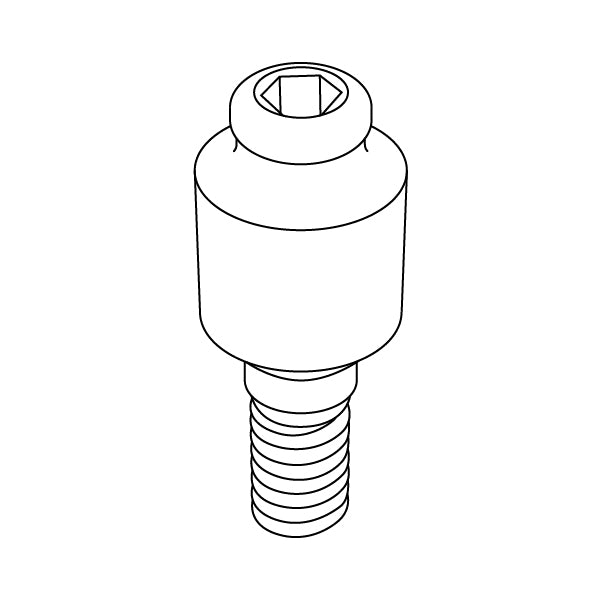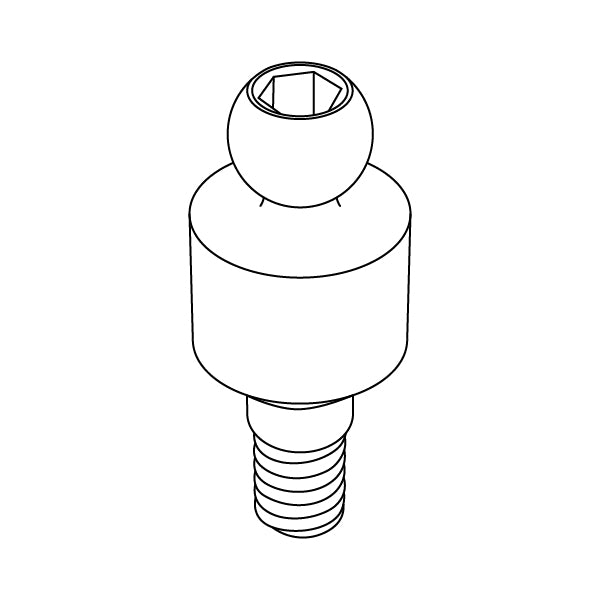Our range of Implant Analogs will help you to perfectly position dental implants in your patients' mouths, providing an accurate replica of the implant's position and angulation.
We provide a choice of slim platforms, standard platforms, or wide platforms to meet your patient's individual needs.
You can also choose from click attachments, ball attachments, and one-piece analogs. Browse our range to find the right fit for your clinical case.
FAQs
GDT dental analogs are accurate replicas of our implants, primarily for laboratory use in the fabrication of prosthetic components. While these analogs are made from stainless steel, offering dimensional precision for lab tasks, they differ from the actual titanium implants in terms of material properties and biological interactions. Their role is to ensure precise and effective prosthetic fittings.
Since dental analogs serve as a physical replica of the patient's dental anatomy, they offer a wide range of advantages across many different applications, including the following:
- Dental analogs serve as a tangible representation of the patient's dental anatomy, which means that technicians can use the 3D models created with the help of these components to make the bridge or crown for the dental implant.
- An accurate representation of the patient's dental anatomy, with the help of dental analogs, allows dentists to plan their treatments or surgeries.
- Dentists can use 3D models to help educate their patients on their dental conditions and the recommended treatment options.
- A dental school can use analog implant models to train young, aspiring students and help them develop the necessary skills in a safe, controlled environment.
At GDT Dental Implants, we have been using stainless steel to manufacture dental analogs for many years, this material is easy to work with and facilitates high-precision manufacturing processes. This is important in producing dental analogs that closely replicate the dimensions of the corresponding implants.
Stainless steel is also a cost-effective material, making it an affordable and appealing option for lab products like dental analogs.
When taking an impression of a patient with an existing implant in their mouth, dental technicians must use the right type of dental analog, which depends on many different factors, including the following:
- The existing implant: A dental professional must check the type of implant in the patient's mouth before selecting an analog, as these components must be compatible with each other.
- Type of restoration planned: Some patients may want to undergo further dental treatments, which can impact the kind of analog implant a dentist may recommend.
At GDT Dental Implants, we offer a suitable analog for every implant and prosthetic. It’s important to carefully review the description of each product to ensure accuracy before making a purchase. If you have any concerns or doubts, please feel free to reach out to us, and we will be more than happy to provide assistance.

